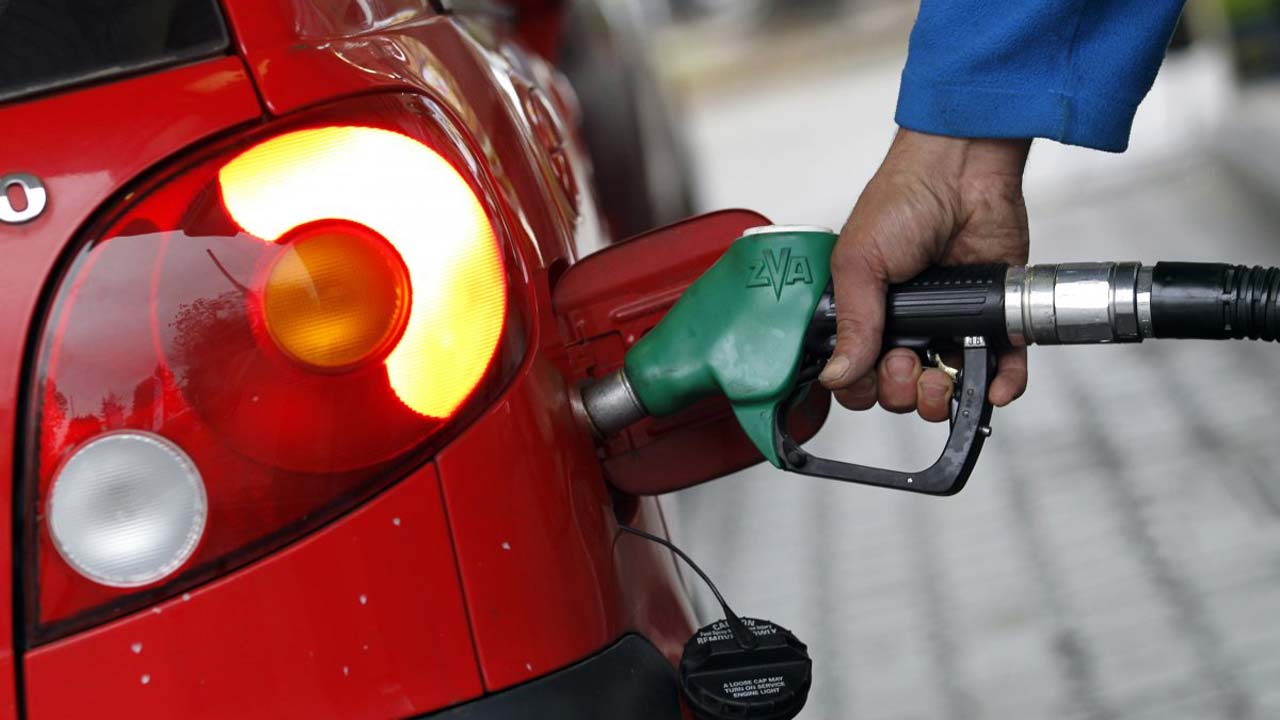Article Summary
- Fuel subsidy has been removed in Nigeria, leading to a sharp increase in fuel prices.
- This means that the cost of living for most Nigerians will inevitably rise, as fuel is an integral part of every-day living in the country.
- Some tips for navigating the fuel hike include reducing fuel consumption, considering solar power, cutting down on unnecessary travel, and stocking up on essential commodities.
Arguments for or against fuel subsidy may have their valid points, but the reality of the matter is that “fuel subsidy is gone”.
Since the government will no longer cover a part of the costs associated with making petrol available to Nigerians, it is guaranteed that the price of the product will soar and keep soaring.
President Bola Ahmed Tinubu reinstated that the 2023 budget has no provision for fuel subsidy hence from June when the new budget takes effect Nigerians would have to pay the full price for the fuel they consume.
Following the inauguration speech on May 29 reports filtered in that fuel queues had returned and PMS was being sold as high as N500 per litre. On Wednesday, May 31st, the Nigerian National Petroleum Company (NNPC) Limited confirmed the change in petrol prices.
It is no secret that the subsidy removal may be painful at first. But many Nigerians agree that it must go. It is also important to mention that the new price ranges (between N488 per litre and N537 per litre) is not so outrageous, considering the price ranges in other African countries.
For instance, in Ghana, PMS sells for N1,200 per litre. In Togo, PMS sells for N764 per litre, in Senegal you get a litre for N752.
However, we may factor in the fact that the Dangote refinery has already commenced operation and competitive pricing may drag the price slightly lower.
Highlighted below are some tips on ways you can prepare to adjust to the current reality of fuel increase.
Consider reducing your fuel consumption
Unfortunately, you may find yourself spending multiples of your current fuel budget if you maintain the same consumption. Consider utilising fewer vehicles and cutting down on generator usage. This will save you a lot of money in the long run.
Consider going solar
With the electricity supply still having a lot of room to improve you may find yourself relying heavily on generators. You may offset these expenses by switching to solar power. These days, newer solar technologies last longer and are relatively cheaper.
Consider cutting on travel
According to the Nigerian Bureau of Statistics NBS, Nigerians spend 6.4% of their annual income on transportation. It is a no-brainer that these numbers would see some upside in the coming months. Keep travel to the bare minimum and only take long trips when it is necessary.
Consider stocking on essential commodities
It wouldn’t be out of the ordinary for a quick spike in the prices of commodities. Although it is not advisable to panic buy and stock items, you may consider having a buffer of these everyday items. Better to be safe than sorry.
























